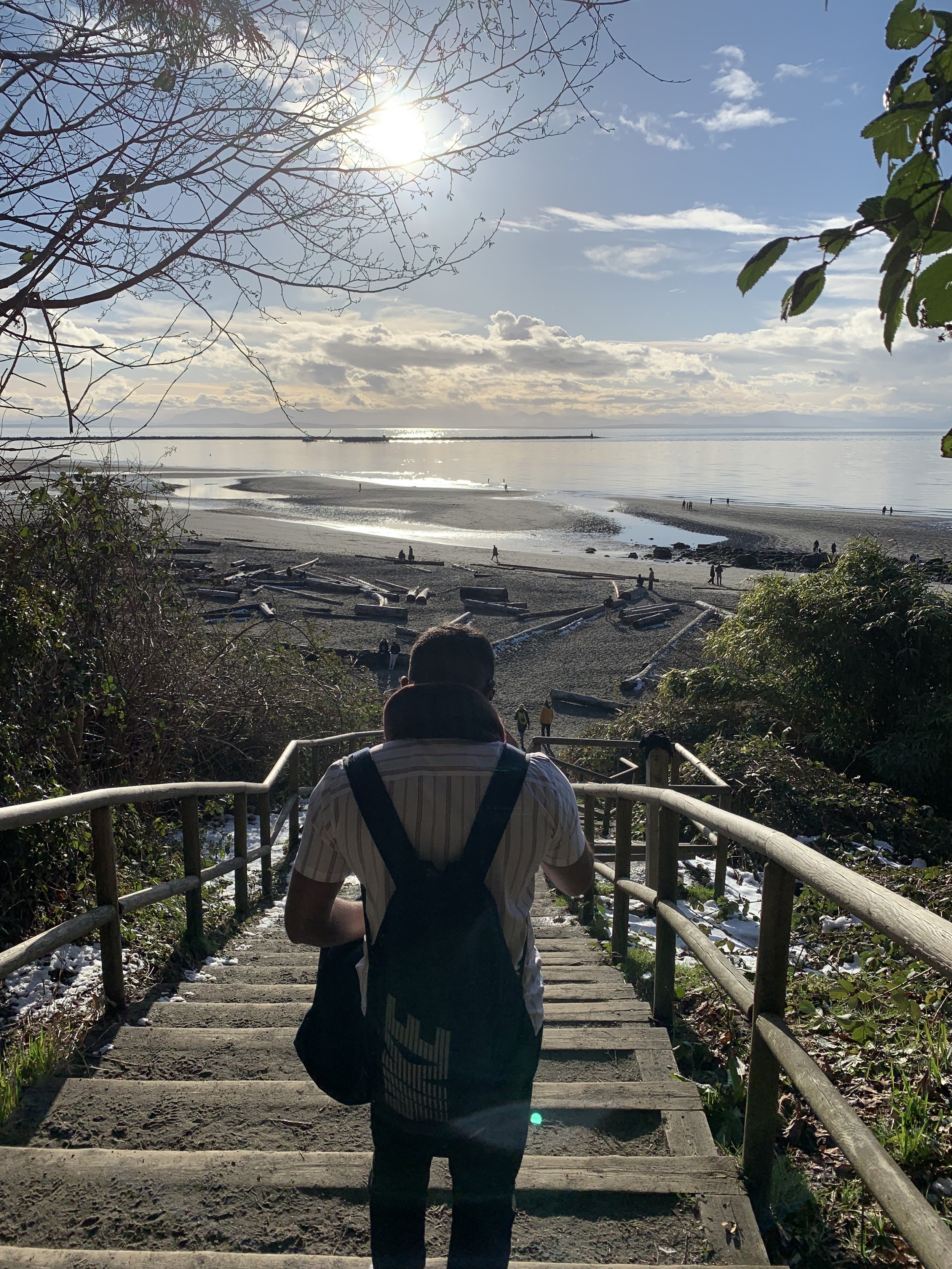The Conference on Sustainability in Engineering
The Conference on Sustainability in Engineering
By: Nyah Lupick
From February 23-26, four delegates from Dalhousie University had the opportunity to attend the Conference on Sustainability in Engineering (CSE) at the University of British Columbia (UBC) in Vancouver. CSE is a yearly conference put on by the Canadian Federation of Engineering Students (CFES), that is meant to teach engineering students about sustainability and ways they can incorporate sustainable practices into their schools and future careers. Students come together from universities all over the country to meet and learn together.
This year, CSE focused on the importance of indigenous voices when it comes to addressing climate change. Indigenous people were the original stewards of the land, but often when we talk about engineering climate change solutions, we don’t consult them. The conference had several sessions and a CASE competition, all of which centered on decolonization and two-eyed seeing, which is when indigenous and western views are combined to get the best from both and create a solution that is good for everyone. A major takeaway from CSE is that, as engineers, we need to prioritize listening to others and letting go of any preconceived notions we have of how to solve a problem. Especially when designing a solution for a community we are not a part of, we need to recognize that the people who are part of that community are going to know best. Our job is to help them realize their vision of how to solve the problem they are facing. Small, rural indigenous communities are particularly vulnerable to being overlooked as it can be difficult and costly to transport equipment and personnel back and forth between the main location of the engineers and the community. The presenter who talked about this issue emphasized the need to put the time in to get to know the people and the community, so that we can tailor our solution to them so that it actually works and aligns with their values. He said we need to be “engin-ears”, listening first before we come up with a solution.
The sessions emphasized the flaws in the engineering design process we all learned in first year and discussed ways to change it for the better. To be critical when designing something, we should think about:
Who is this project for?
Who is this project with?
Which voices are heard and when?
Who will benefit?
How are people engaged?
Considering these questions helps us become more aware of who we are prioritizing in our design process, and by recognizing who is getting overlooked, we can change the way we are doing things to incorporate them. One speaker suggested that having a community meeting to talk about the project and providing free food at said meeting is always a surefire way to get people to come. The sessions made it clear that incorporating more people’s voices into the design process may not be easy, however, the final solution will turn out so much better because of it.
If there is one piece of advice we have all heard time and time again since beginning our studies it’s “the first thing you learn as an engineer is that you know nothing”. This conference reinforced that point, and taught us the importance of using our privileged position as engineers to uplift the voices of people who otherwise might get ignored. If we want to fight climate change, we need to work together and pool our knowledge to innovate and drive change. Even though the conference was only four days, the lessons that were taught at CSE will stay with me for life, and I hope they stay with you as well.

